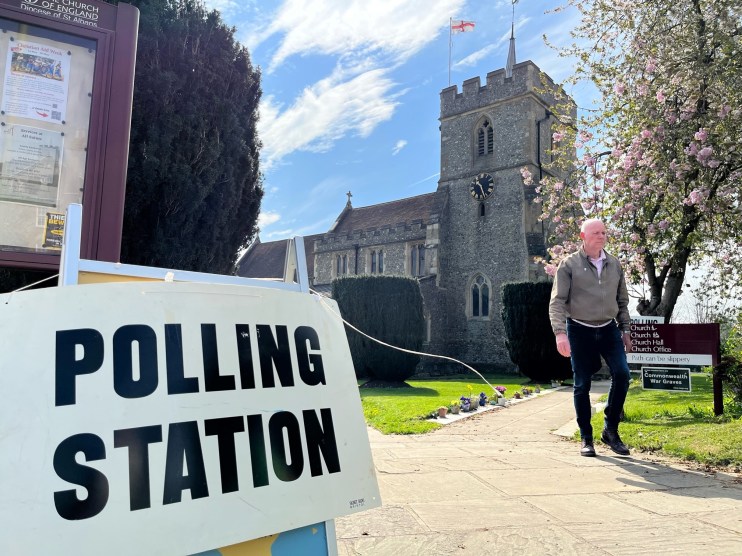Do elections matter for the economy?

Tomorrow’s election looks like it will bring to an end 14 years of Conservative rule.
As far as the economy is concerned, it has not been a vintage 14 years. Growth has been sluggish, living standards have stagnated and there’s a widespread sense that things are falling apart.
Labour put the blame for the economy’s poor performance squarely at the door of the Conservatives. “So much of what Britain has been through in the past 14 years is explained by a Conservative failure to face the future. Only Labour can turn the page,” their manifesto says.
Perhaps not surprisingly, Labour had a similar message for the 1964 election, which brought to an end 13 years of Conservative rule.
“The scientific revolution is now making it physically possible for the first time in human history to provide the whole people with high living standards…Since 1951, however, these opportunities have been disastrously wasted”.
The 1964 Labour manifesto makes some comparisons to other European countries which sound eerily familiar. “If we had only kept up with the rest of Western Europe since 1951, our national income in 1964 would be one-third more than it is”.
Admittedly the Labour manifesto did not make a similar comparison, but in her Mais lecture Rachel Reeves said the average British family is ten percent worse off than their French counterparts and a full twenty percent worse off than their German counterparts.
On other aspects, the 1964 Labour manifesto is even more similar.
“In education we are faced today with a chronic shortage of teachers, with oversized classes, with far too many scandalously out-dated school buildings…The NHS has been starved of resouecs and has failed to adapt sufficiently to modern needs”.
Plus ça change, plus c’est la même chose.
Labour would no doubt argue that falling living standards, collapsing schools and a threadbare NHS are just inevitable consequences of long periods of Conservative rule.
Others might argue that it shows how impotent elected officials really are in the face of global trends. Looking at the macroeconomic indicators, there is some truth to this.
According to research from Panmure Liberum, there is essentially no evidence that either a Conservative or Labour government has made a big impact on growth.
Quarterly growth since 1955 has averaged 0.57 per cent under Conservative governments and 0.59 per cent under Labour governments. Even fiscal deficits under both parties are pretty similar over the same period and are in fact “moderately smaller” under Labour governments.
However, the same research also reveals where governments do have more of an impact by setting rules and regulations which govern the tug of war between workers and firms.
It shows that the share of GDP allocated to workers averages 52.3 per cent under Labour governments, 1.3 percentage points higher than during Conservative years. Profit margins, meanwhile, have been 1.7 percentage points higher under Conservative governments.
This may not sound like a lot, but it makes a big difference. With a new set of policies proposals to level-up workers’ rights, there’s no indication that this trend won’t repeat after this election.
Labour has tried to position itself as both pro-business and pro-worker. In power, it will sooner or later have to choose one side or the other.